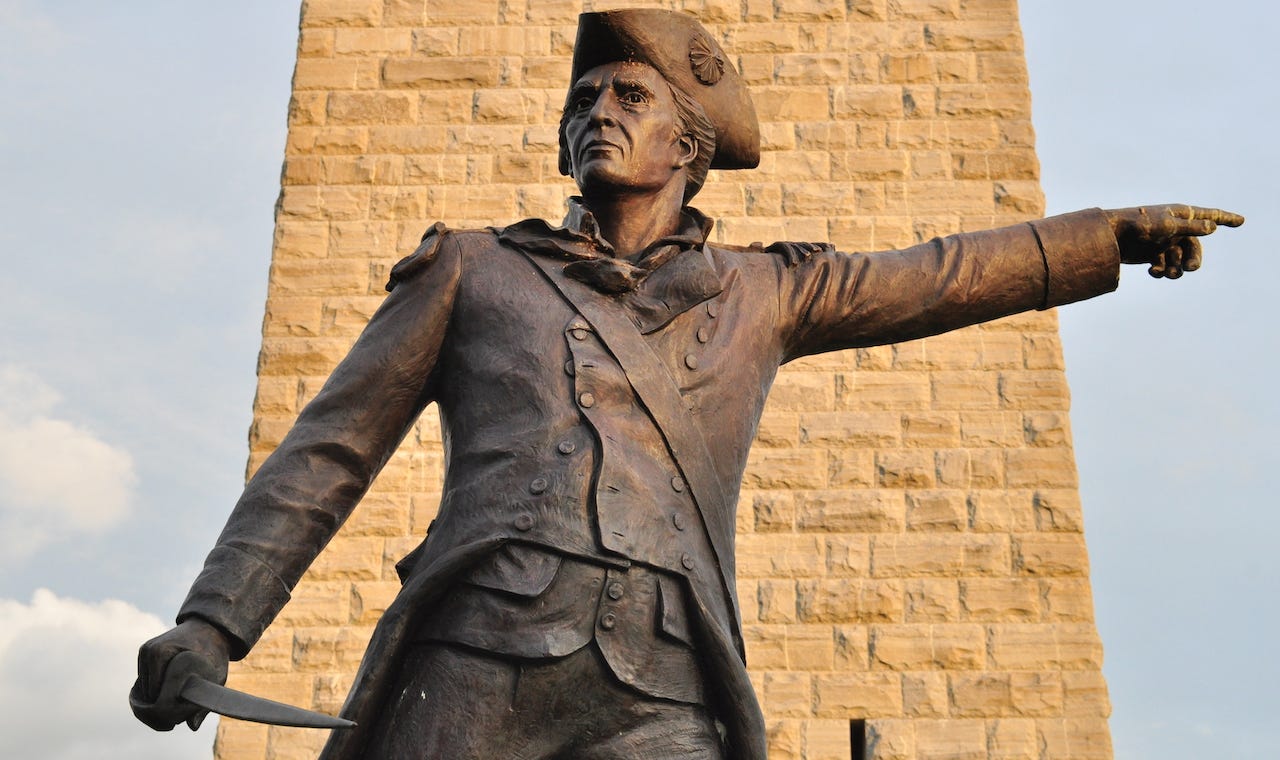General John Stark played a tremendous role in winning America’s independence, yet he is virtually unknown today. In 1809, though the two men had never met, President James Madison wrote to Stark in recognition of “the part you bore as a hero and a patriot in establishing the independence of our country.”1 More than a quarter century after the Revolution…
Substack is the home for great culture



